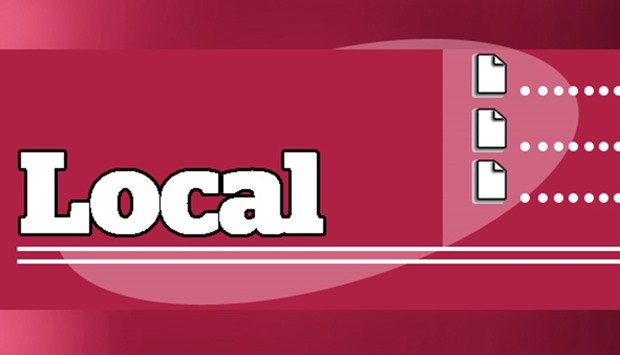The Mada Centre has launched a comprehensive year-long project with the aim of increasing the e-accessibility of all government websites. The project includes training web developers and designers, audits of e-accessibility of government websites, and putting in place remedial steps as part of a comprehensive consultation process.
In the first quarter of 2017, the Mada Centre worked with 10 government ministries and agencies, including the ministries of Foreign Affairs, Transport and Communication, Education and Higher Education, Development Planning and Statistics, Health and Justice.
Additionally, the centre worked with Qatar Tourism Authority, Qatar Museums, the Supreme Council for Delivery and Legacy, Qatar Aeronautical College and Communications Regulatory Authority.
The centre also offered a series of training sessions and seminars to more than 25 developers and designers over the first quarter of 2017 on how to build websites and mobile apps according to international e-accessibility standards.
During the first quarter, the Mada Centre published a baseline report which examined the current state of e-accessibility in the country, putting in place a foundation on which to measure the success of future policy work in the area. Most importantly, the report outlined the key technical and organisational barriers standing the way of a fully accessible digital landscape in Qatar.
“We are committed to fulfilling the rights to digital access that are explicitly outlined in the United Nations Convention on the Rights of people with disabilities, to which Qatar is a signatory,” said Maha al-Mansouri, CEO, Mada Centre.
“Accessible web content will have a positive impact on people with disabilities, as well as the elderly, those with literacy issues, and those who access the Internet using a range of technologies and platforms,” added al-Mansouri.
The centre’s efforts in the area of e-accessibility are ongoing and form a critical part of its strategy to fulfil the potential of people with disabilities and to fulfil the country’s three pillars of sustainable development - economic growth, social integration and environmental protection.
Previously, the Mada Centre launched an accreditation scheme to recognise those websites which successfully implement international e-accessibility standards. Digital platforms that have been recognised as part of the national e-accessibility accreditation programme include the Ministry of Interior website, Hukoomi (the Qatar e-government portal), the Accessible Qatar mobile app, the QITCOM 2017 website amongst others.
Access to digital platforms and content, as well as the ability to make use of all types of information and communication technology is fundamental to building a transparent knowledge based society. This includes the provision of accessible e-government services, online banking and other critical services to all residents and citizens of Qatar.

